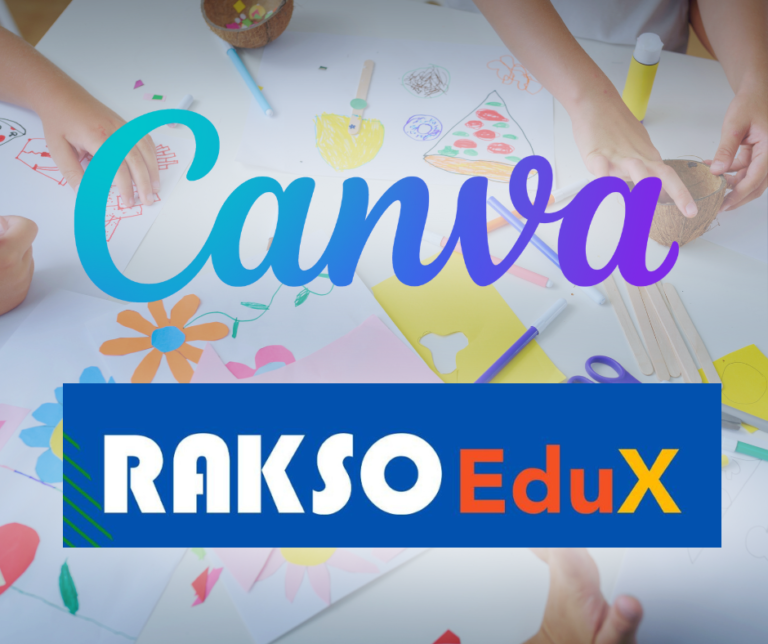
PHOTO by Canva.
Recent research from Macquarie University suggests that reading on screens may hinder our ability to absorb and retain information compared to traditional paper-based reading. This finding is particularly concerning for students, whose increasing reliance on screens for studying could negatively impact their learning and comprehension.
The study, published in Trends in Cognitive Science, explores the growing concern over how digital reading habits affect comprehension and memory.
Professor Erik Reichle, one of the researchers involved, highlights the challenges posed by screen reading: When we read text on a screen, we understand less than if we read the same text on paper.
This phenomenon, known as the screen inferiority effect, indicates that while basic reading processes remain similar, comprehension differs significantly between screens and paper.
The study identifies several factors contributing to this disparity. Researcher Dr. Lili Yu notes, “Comprehension drops when we are using a screen to read information-dense text, like a textbook for study.”
Factors such as eye strain, screen brightness, and habitual associations with shorter, less serious content on screens may also play a role.
Screens can be distracting because they can constantly change and show things like notifications and ads. These distractions can impact reading comprehension, particularly for longer and more complex materials.
The research also suggests that e-readers may reduce some of these effects by better simulating the experience of reading on paper compared to other digital devices.
However, concerns persist regarding their overall impact on learning and concentration.
Professor Reichle emphasizes the implications for both current and future readers, especially those learning to read primarily on screens.
“Focus is a skill that you have to rebuild gradually,” he told Phys.org, recommending a return to traditional books to counteract the effects of multitasking and digital distractions.
In a world dominated by screens, the findings call for a reevaluation of digital information consumption. Whether it’s changing reading habits or reducing screen time for critical tasks, the research urges individuals to consider how their medium choice affects cognitive processes.
As digital technologies evolve, understanding the cognitive differences between screen and paper reading is essential. The debate highlights the need for more research and educational strategies to improve comprehension in a digital age.


